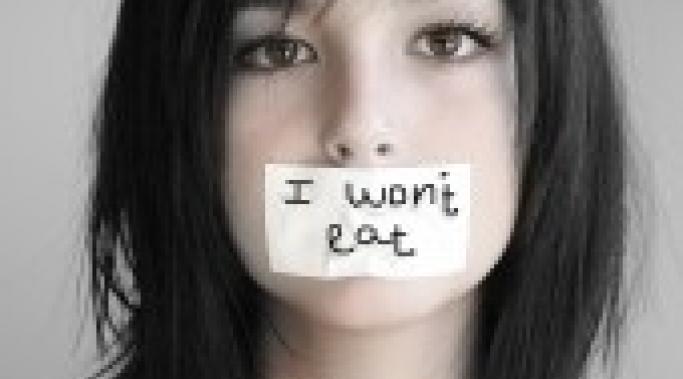Blogs
Each day we are faced with situations that can lower our self-esteem and affect our confidence, if we let them. Learn four simple ways to improve your self-esteem and stay positive even on the most difficult days.
I made up "Invalidation Anxiety" two weeks ago, as I wrote Too Anxious To Speak Up? And was fascinated how many people were sparked by my words and left a lively debate in the comment section. We seem to have all been in situations when people have ridiculed or downgraded us.
Some readers were adamant that it is a must for our mental health that we should never allow anyone to be mean, take advantage, or criticize us without standing up for ourselves. I totally agree. But my definition of "allow" might be different!
Recently, I had suffered a relapse into a deep depression that I had difficulty recovering from. Though the medicine kept the majority of psychosis at bay, I was nevertheless crippled and left in a state of disarray. A medication increase by my psychiatrist had only quelled my most severe symptoms of schizoaffective disorder. What was different about this episode however, is that it was partially instigated by a lack of sleep from an unknowingly broken CPAP machine.
Just as there are many different ways that adult ADHD shows up in our lives, there are also many different ways to manage and succeed with ADHD. What works for someone else may not be the best strategy for you…or is it?
Today’s article contains an overview of ten unique approaches to effective ADHD management, or ways you can succeed with ADHD, followed by an invitation to join me in a no-cost ADHD telesummit. There will be presentations from some of the top ADHD experts and professionals from our community, who will teach you more about each technique and how to make it work for you. I know from these experts you will find at least one strategy that is just right for you, or more likely, several in combination that will make all the difference. Enjoy!
To Every Mood, There is a Season
Have you ever noticed a pattern to your moods? Do they follow the full moon? Or the rain? Do you get the winter blues or feel more hyper in the summer? Many people do see a cycle with the calendar and the weather. My third grade teacher said kids are more wound up when it’s rainy because there are more ions in the air. I don’t know if this is true, or if it had something to do with inside recess, but something indicated a change in behavior. And when things seem weird around us, how many times do you hear, "must be the full moon"?
Types of meditation, like mindfulness, are an important part of dialectical behavior therapy (DBT), a popular treatment for borderline personality disorder (BPD). Other types of meditation may also be helpful in controlling symptoms of BPD too. But how do you meditate? What type of meditation should you use?
In recovery there are two different camps, so to speak. There are those individuals who say that they are recovering addicts, while others say they are recovered addicts. At first glance you might think there is no difference but I disagree.
I have not done a book review on here but that’s because I don’t tend to read help books on bipolar disorder – I write that material, not read it. But recently one such book has landed in my possession and I’d like to take the time to recommend it: Loving Someone with Bipolar Disorder – Understanding and Helping Your Partner (second edition) by Julie A. Fast and John D. Preston, PsyD.
People often ask me how to help others with bipolar disorder and I believe this book could help partners answer that question.
Last week, I wrote a blog focusing on the connection between mental illness and addiction. I defined "dual diagnosis," a term focusing on a person living with a mental illness and an alcohol or drug problem. In this post, let's talk about mental illness and disordered eating.
We've all been there. A new summer romance has added a skip to your step. Your mind obsesses about the wonderful future you will have together. And then, you realize, you haven’t told them about your mental health issues.
So, when is the right time to disclose your mental illness? Is it the same for everyone? Is there ever even a right time to come out about your mental health condition?









I believe she will only be able to rid herself of her demons, and hopefully her BPD as well, when she's ready to confront the abuse of her father. If she can put the blame where it belongs, she may stop projecting that victim/perpetrator cycle on the present men in her life. These demons are a metaphor for the purgatory she has created for herself. That reality has consequences in the real world, but it need not be real in the tangible sense. Exorcising her demons will require the expenditure of real physical energy and probably the destruction of aspects of her personality. If this ever happens, and it's possible but not probable, then these demons will evaporate. They are only as real as one's personality is real. In short, reality is not the question, it's what you make of the things you feel to be real.